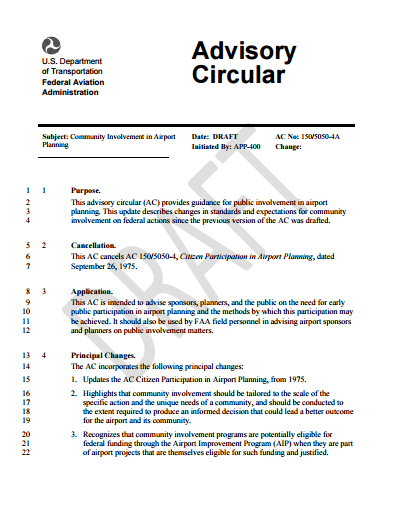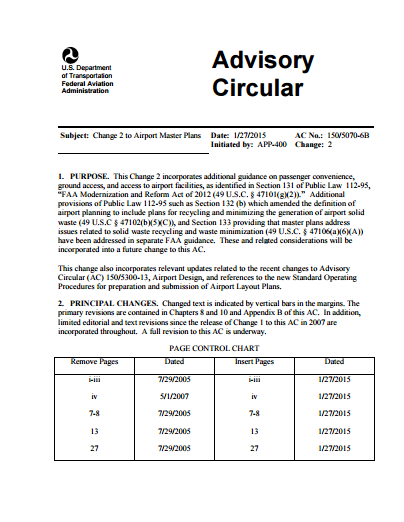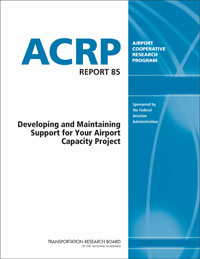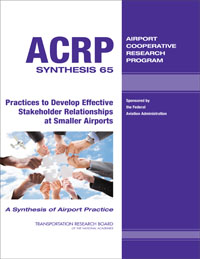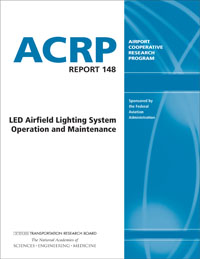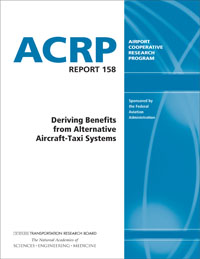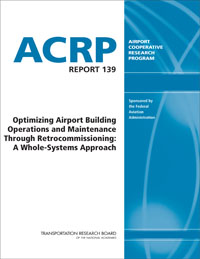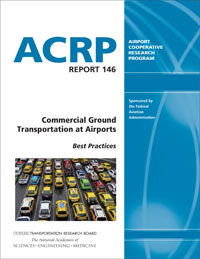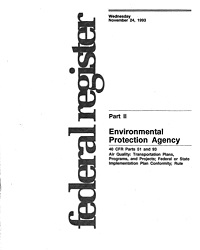State Implementation Plan (SIP) (58 FR 62188)
Abstract
The state implementation plan (SIP) is the federally enforceable plan for each state, which identifies how that state will attain and/or maintain the primary and secondary National Ambient Air Quality Standards (NAAQS) set forth in Section 109 of the Clean Air Act (CAA) and 40 CFR 50.4 through 50.12. Each state is required to have an SIP, which contains the control measures and strategies developed through a public process, formally adopted by the state, and submitted by the governor's designee to EPA (which EPA must formally act on) as revisions to their plan to attain and maintain the NAAQS. The SIP is required and approved by EPA pursuant to Section 110 of the CAA. SIP requirements particular to non-attainment areas are mandated by Part D of the CAA. Section 110 and Part D describe the elements of a SIP, which are extensive, including emission inventories; monitoring network; an air quality analysis; modeling results; attainment demonstrations; enforcement mechanisms; and regulations, which have been adopted by the state to attain or maintain NAAQS.

